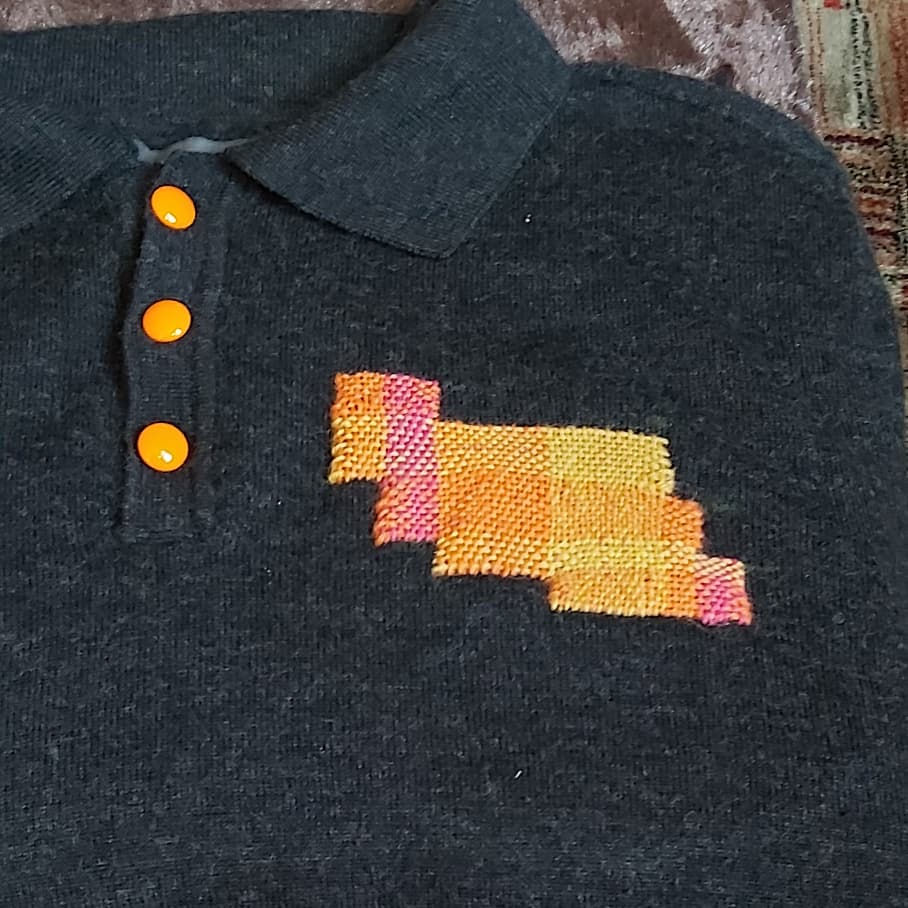3 unsustainable practices to leave behind in 2023
- maryodriscoll
- Jan 7, 2023
- 3 min read
By Haya Abdul Hai
07/01/23
New year, better sustainability practices.
‘New year, new me’ is a phrase that we hear a lot as the new year comes to a start. While we’re thriving to be the best versions of ourselves this year, let’s simultaneously help our planet be the best version of itself. The start of this year has been a little tough for the environment with many countries in Europe breaking records regarding the highest temperatures recorded for December and January (United Nations News, 2023). However, let’s keep hope and create a New Year’s resolution together to help our beloved planet. Here are 3 things you can change today that are likely to help reduce your carbon footprint.
1. Food waste

We’re all guilty of throwing away food but it’s another year to change this habit of ours together. A report by Waste and Resources Action Plan (WRAP) states that 70% of the UK’s food waste was contributed by households in 2018, causing a drastic increase in greenhouse emissions. We as consumers have the duty to change our habits to stop this waste.
You can start by measuring ingredients you need for your meals, preserving food in freezers, and keeping track of expiry dates. Meal prepping for a few days, or a week is one way to go about measuring the ingredients needed. This practice can ensure the reduction of food waste as the prepped meals will have cooked the fast-perishing ingredients and are likely to last longer in the fridge. Another way to save these meals would be to freeze them till they are required. You’ll be saving your time, money, and the environment with this method! At the Food Sharing Hub in the SHRUB Coop, we have a section of the store dedicated to rescuing food from shops all over Edinburgh. With our pay-as-you-feel policy, we help all sorts of individuals cover the gap of their food insecurity as well as save food from waste.
2. Loofahs
A common product used in most households is a loofah: a scrunched-up plastic item that is used to wash one’s body. While these may seem like harmless products, loofahs are made of plastic and when used, microplastics are drained into our sewage systems, eventually reaching the ocean. Microplastics are tiny fragments of plastic that are eaten by marine life and as a result, end up in our food chain, harming the health of all living things. According to statistics by UNESCO (2022), an estimated 75 trillion microplastic fragments are floating about in the ocean.
To play our part in reducing these statistics, one item that can easily be replaced in the household is a loofah. Instead of using plastic-based loofahs, you can give natural loofah’s a try. Luffa Aegyptiaca is the scientific name for a plant that is used as a body sponge and can be grown in warm climates. Don’t worry, you don’t have to grow them though! Companies such as LoofCo sell these natural alternatives for a fair price, starting at £3 per body loofah. While plastic-based loofahs are a hub for bacterial growth, this natural loofah can be machine or hand washed to keep it bacteria free, lasts much longer, and can be composted when at the end of its life cycle. You can find these alongside other zero-waste products such as soaps and deodorants at our Zero Waste Hub.
3. Fast fashion footprint

In the past few years, there has been increasing awareness regarding the detrimental impact of fast fashion on the environment. The fast fashion model meets consumer demands quite rapidly and while we do look fabulous in our trendy clothing, most of our clothes end up getting discarded in landfills once they are out of style. The Ellen MacArthur Foundation (2017) found that 35% of the microplastics found in the ocean are during textile washing, resulting in a mass contribution towards plastic pollution in the ocean. It is no surprise that the fashion industry ranks fourth in terms of its negative environmental impact according to WRAP (2017).
As a New Year resolution, let’s reduce these numbers together by refraining from purchasing fast fashion items. Instead, let’s practice upcycling or donating our pre-loved clothing, and purchasing from second-hand stores. At SHRUB Co-op, we have made these features easily accessible to all those living in Edinburgh. You can join us at our bi-weekly sewing café where we mend and upcycle pre-loved clothing. Just bring your clothing and we will provide you with sewing equipment, as well as advice from our experienced volunteers. You can also donate your items at our hub, as well as purchase new pieces from our Swapshop. Together, we can make a difference.

.png)


